Usually one might think of an international event to be located at some place one has to travel to – which can be a huge effort not everyone is able to take. Therefore, we are particularly proud of the IAPS School Day concept which was established in 2015 during the UN International Year of Light. It’s both local and international!
On the 10th of November, the World Science Day for Peace and Development, all our members perform locally at their universities or in schools a project day for high school students under a common topic. The topic for this year is “Acoustics”. One of the goals with this international event is to make more pupils interested in physics. To sum up, the School Day can be run locally, but it can still be internationally connected e.g. via video calls between committees.
So come let’s join hands together to educate and inspire the world with beauty of Physics and play a part of a tone to this wonderful melody of science education and outreach.
Got some ideas and plans on activities and your model of celebrating the School Day? Maybe you could be of help to many others willing to participate. Do send us your plans and ideas at edu (at) iaps.info or at binod.bhattarai (at) iaps.info. Or are you wondering how you can model a day and activities? Do write us at any of our above email addresses with your questions and queries. We will connect you with other interested committees like yours and you can collaborate to participate in the School Day together.
You can get some help from the following guideline adapted from our IYL, School Day Guideline. However, please note that you don’t have to stick to this guideline and you may design the day and activities you want to include as per your wish and needs.
While you start modelling your school day event, do your activities require experimental setups and instruments ? Is the financial need stopping your association from organizing the best School Day event you have planned? Do not worry, you can also apply for the famous IAPS School Day Grant. IAPS is willing to support up to 400 Euros per association as a support for organizing the School Day with up to 1200 Euros given out by IAPS in total. You can find the link to the grant call here. Send us a proposal before October 15, 2017.
An Example School Day
Here we want to present a class with prepared experiments. Of course you are free to adapt the class and the experiments as well as prepare your own guidelines to meet your needs. Below is a class designed for the following conditions:
Age of the pupils: approx. 15 years old
Duration: 90 min
Number of Pupils: approx. 30
Number of Experiments: three, each of which is prepared twice so that the pupils can work in smaller groups.
The experiments are planned for five pupils and 15 minutes each.
The following schedule gives an overview of how the class could be held:
5 min Introduction: Who are you?
Introduce yourself and your association. This could be done orally or with a short (!) powerpoint presentation.
5-10 min Introduction of the topic: What is acoustics?
Here the aim is to introduce the topic and to motivate the pupils. You could for example create a mind map of acoustics and collect everything the pupils connect with this word. In this way you can also get a feeling what the pupils already know about this subject.
15 min Demonstration experiment:
Design three 15 min demonstration experiments on the topic and prepare two setups for each of the experiments. Kids will perform those experiments in small groups during the group work session.
45 min Group work:
In total you can have three rounds of 15 min each such that everybody can try out each experiment. Here it is important to prepare those three experiments beforehand to not to lose time for this during class. The pupils have to be divided into groups of five. – think about how you want to do this (cards or let the pupils do this themselves etc.). In the first round group 1 will perform the Experiment no. 1, group 2 will perform the Experiment no. 2 and group 3 will perform the Experiment no. 3. Setup Experiment no. 1, 2 and 3 again for groups 4, 5, and 6 respectively. In the next rounds, next experiments should follow in all these groups.
10 min Finish:
End the class by summing up the experiments. You can also set up a discussion with kids from other places over a video chat or something interesting. If you wish you can also advertise upcoming events of your association that might be interesting for the pupils.
